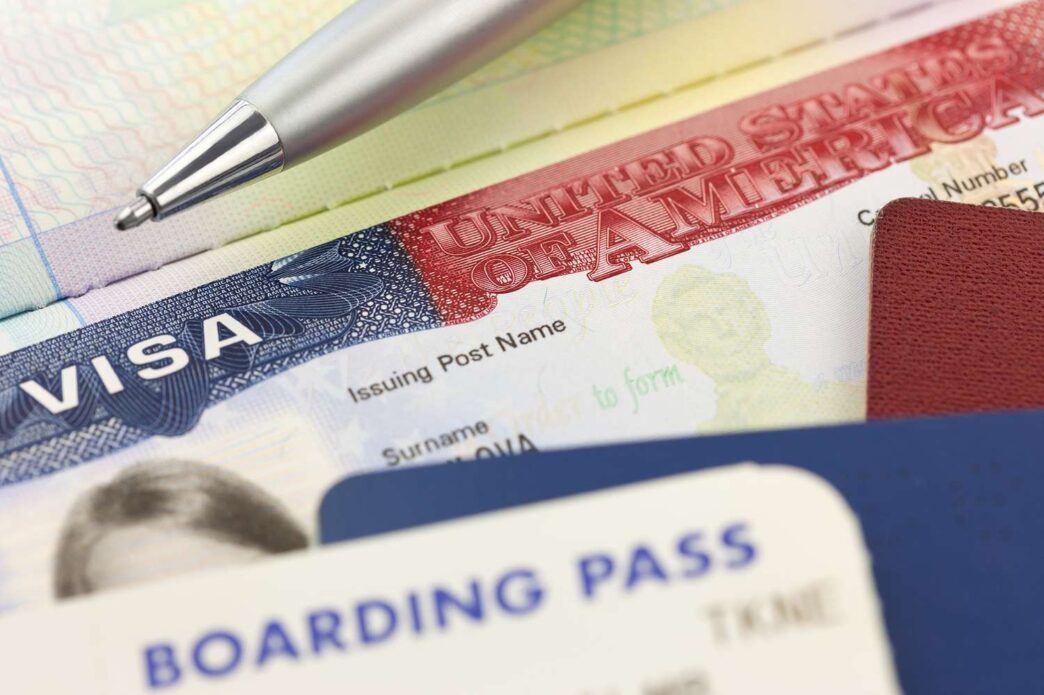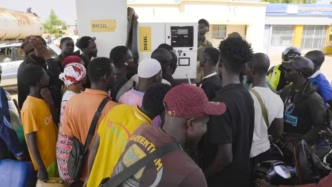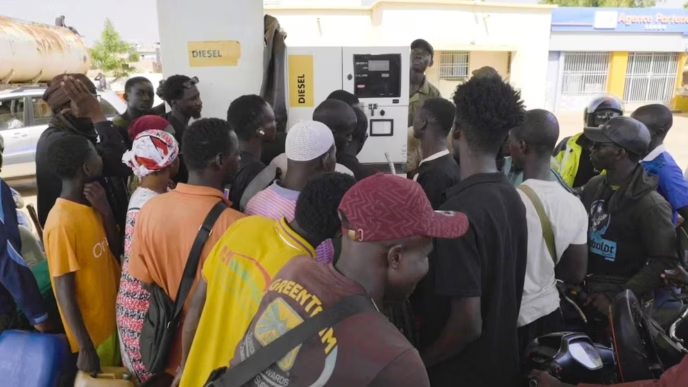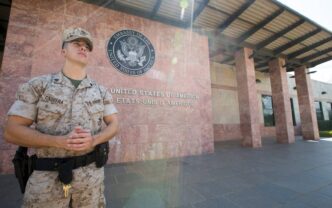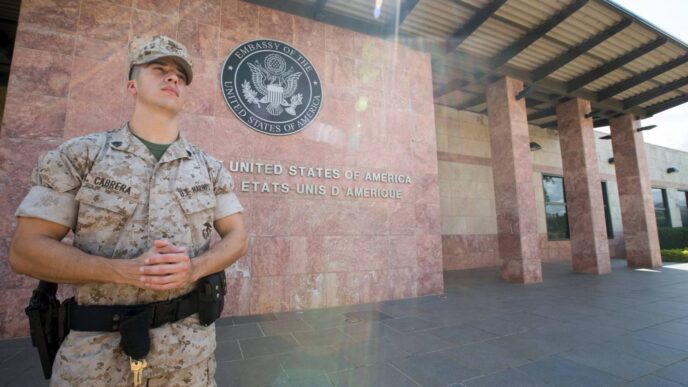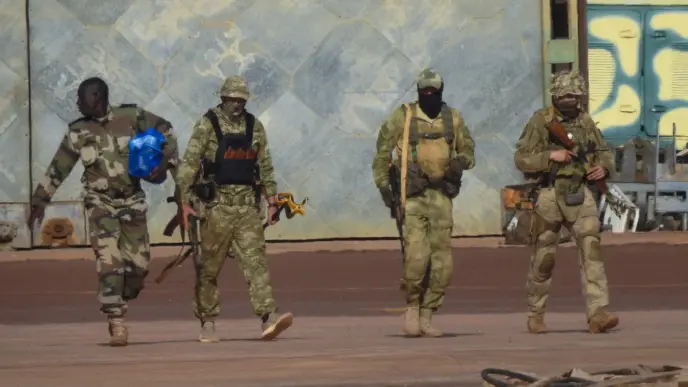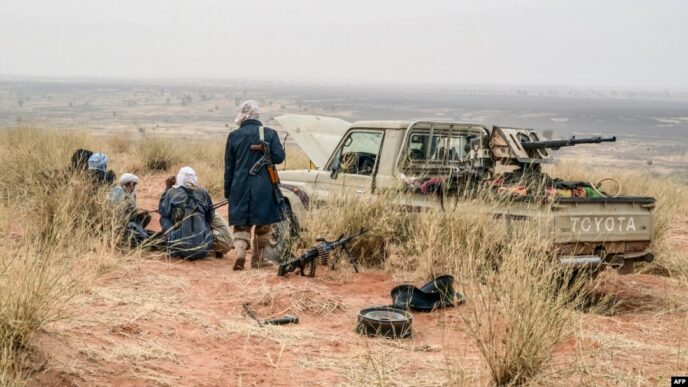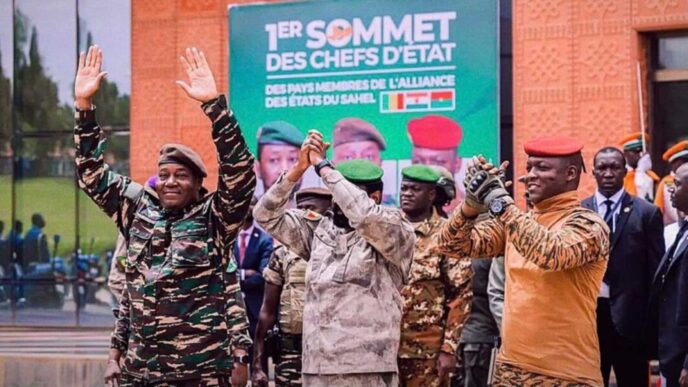The United States has backed down from a diplomatic impasse with Mali, withdrawing the West African country from its contentious Visa Bond Pilot Programme just days before the new requirements take effect.
In its recent announcement, the U.S. Department of State reiterated that nationals from six African countries, including Mauritania, São Tomé and Príncipe, Tanzania, The Gambia, Malawi, and Zambia, remain subject to the visa-bond requirement, with implementation dates scheduled from August to October 2025.
The Department indicated that the move is based on INA Section 221(g)(3) and the Temporary Final Rule governing the pilot, utilising U.S. Department of Homeland Security statistics on B-1/B-2 visa overstay rates. Mali, which was initially included on October 8, was notably omitted from the updated list.
The visa-bond programme permits U.S. consular officials to require eligible visa applicants to post a refundable bond of up to $15,000 to guarantee their timely return home following a visit to the U.S. The policy prompted immediate backlash from Bamako, which accused the U.S. of unfairly targeting Malian citizens.
This decision followed the Malian government’s swift enforcement of a reciprocal visa-bond policy for U.S. travellers, a firm response that compelled Washington to rethink its approach. For both parties, the reciprocal measures escalated a migration regulation into a broader diplomatic conflict.
In recent years, Mali has adjusted its international alliances and shown readiness to respond assertively to external policy pressures.

The implementation of an equivalent visa bond clearly indicated that Mali would not accept unilateral actions it deemed unjust or discriminatory.
With the likelihood of strained relations escalating, the U.S. chose to exclude Mali from the pilot program entirely, leaving several other African nations still subject to the visa-bond requirements, thereby preventing the dispute with Bamako from becoming entrenched.
This resolution indicates a significant shift in how African nations interact with Washington regarding migration and mobility matters.
Mali illustrated that reciprocal actions can sway policy decisions, even from a prominent global power.
The U.S., on its part, exhibited adaptability by modifying a contentious initiative to safeguard a broader partnership.
Amid political tensions, the U.S. has frequently stated its willingness to collaborate with Mali. In July 2025, Deputy Assistant Secretary William B. Stevens travelled to Bamako to discuss security cooperation and economic relationships.
By reversing its position, the U.S. not only alleviates immediate tensions but also creates opportunities to revise visa policy frameworks across the continent, where diplomatic resistance is increasingly shaping outcomes.


 Trending
Trending 

